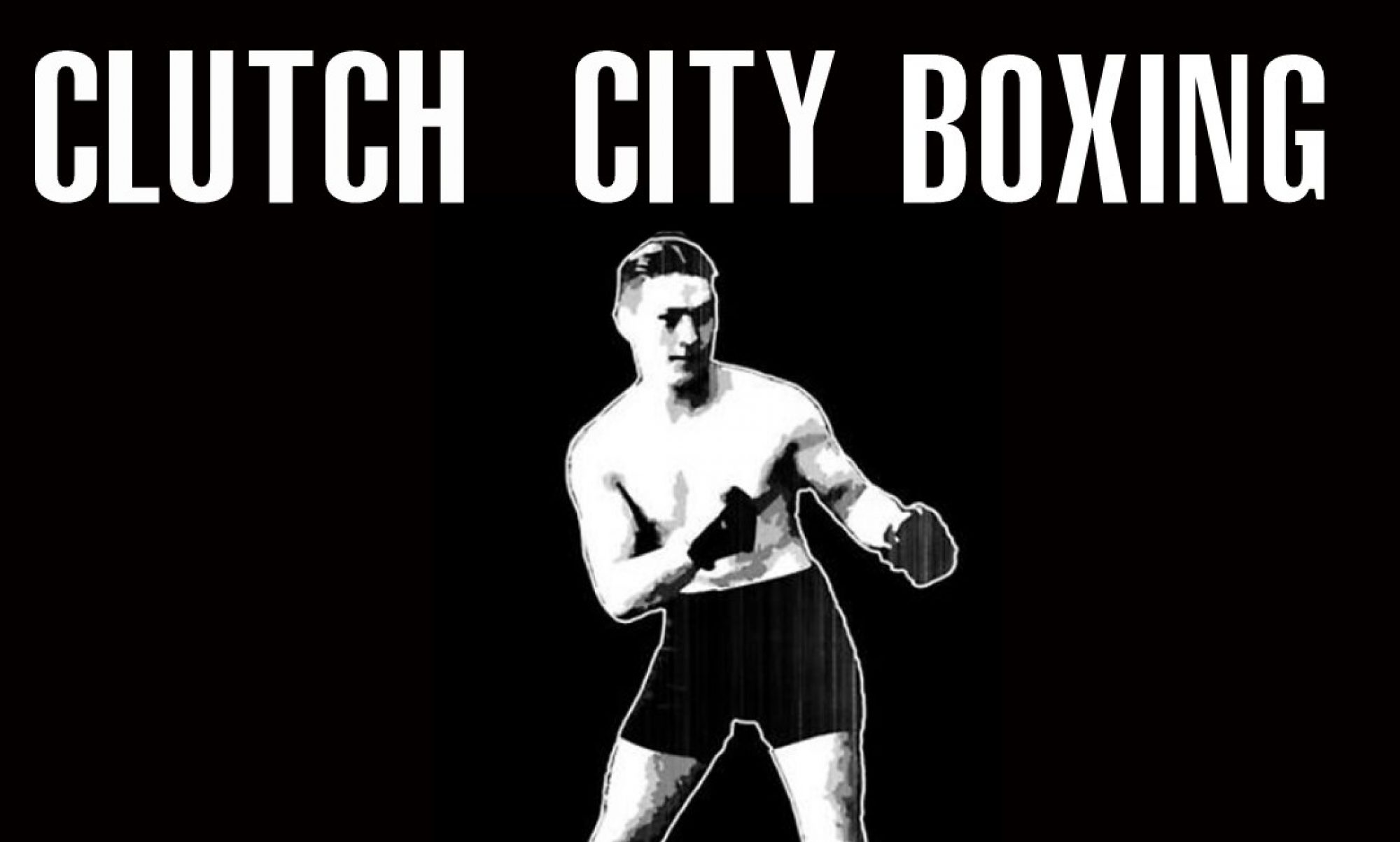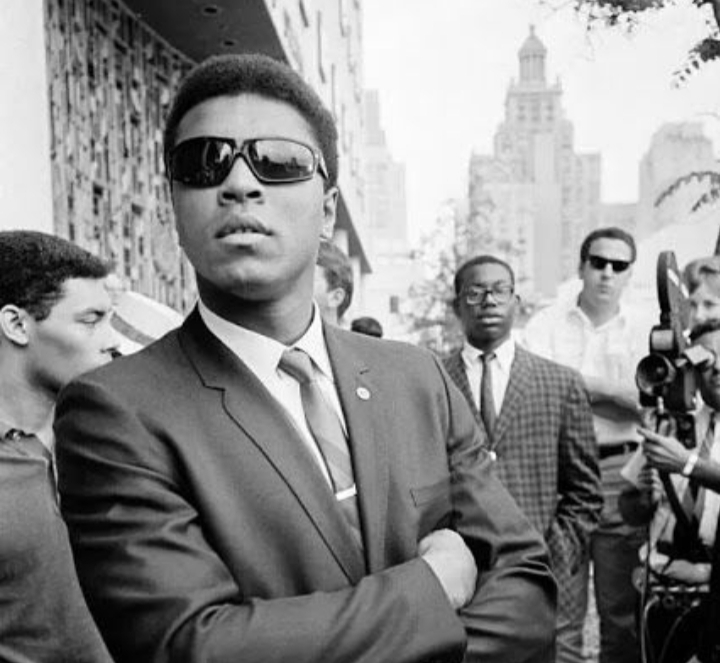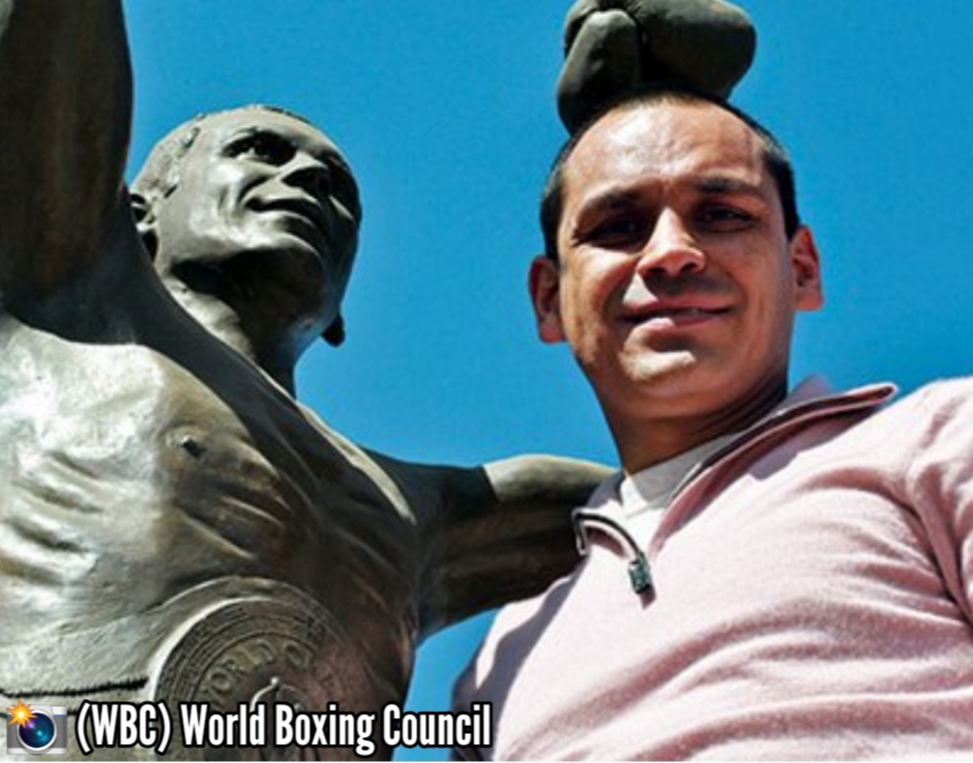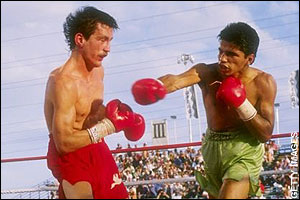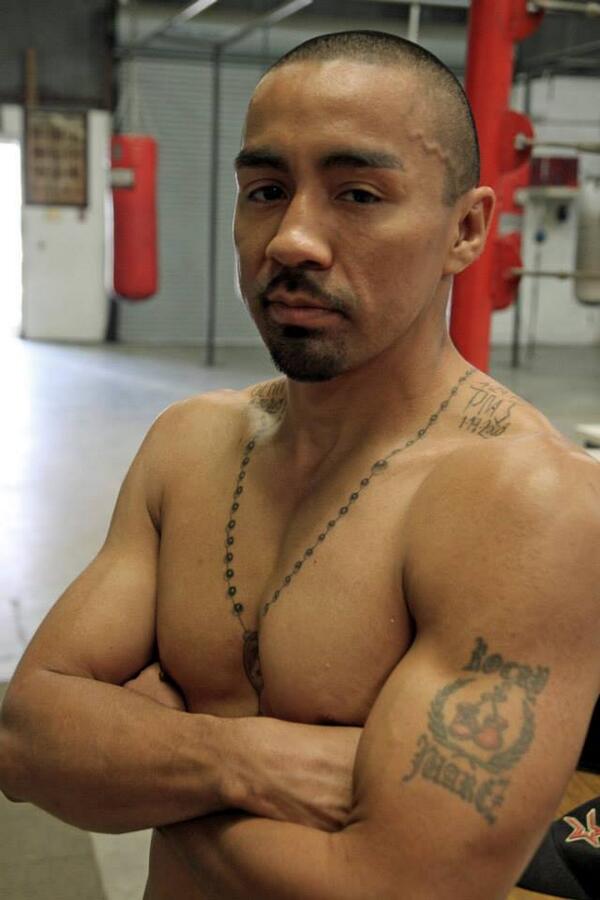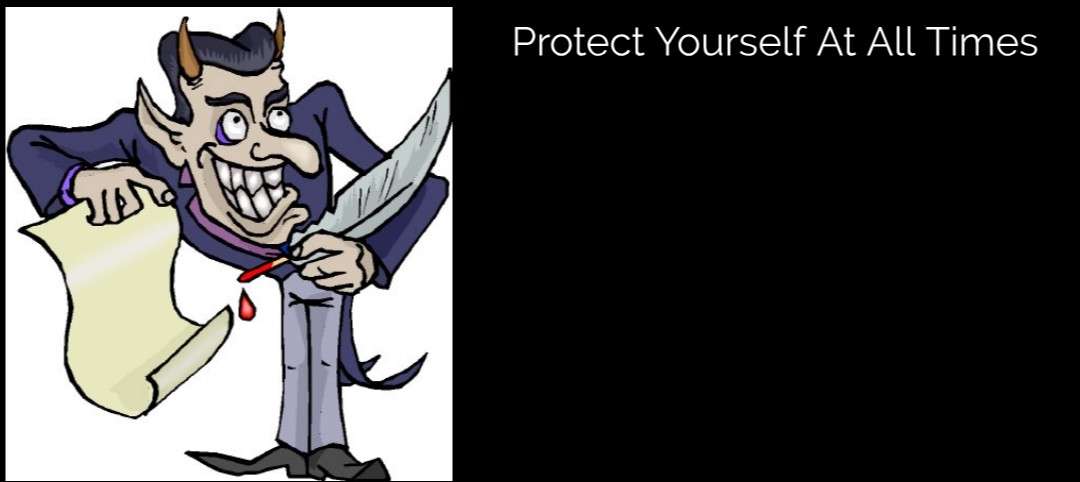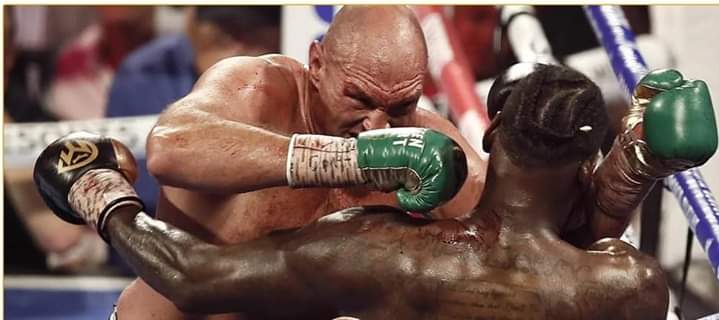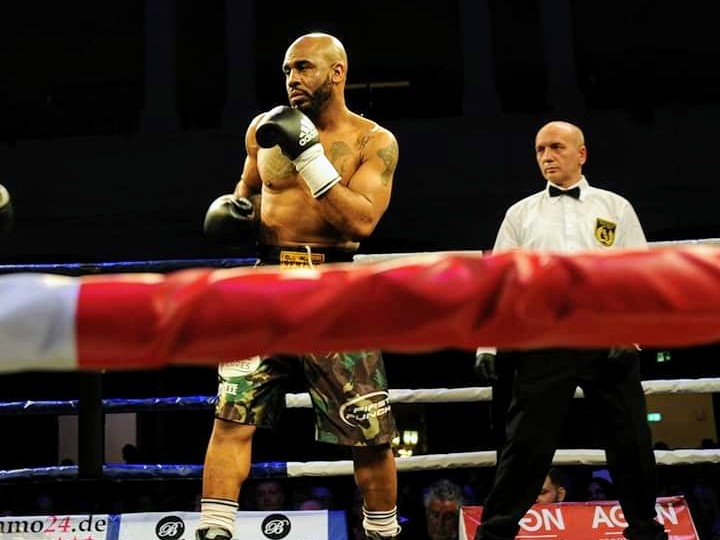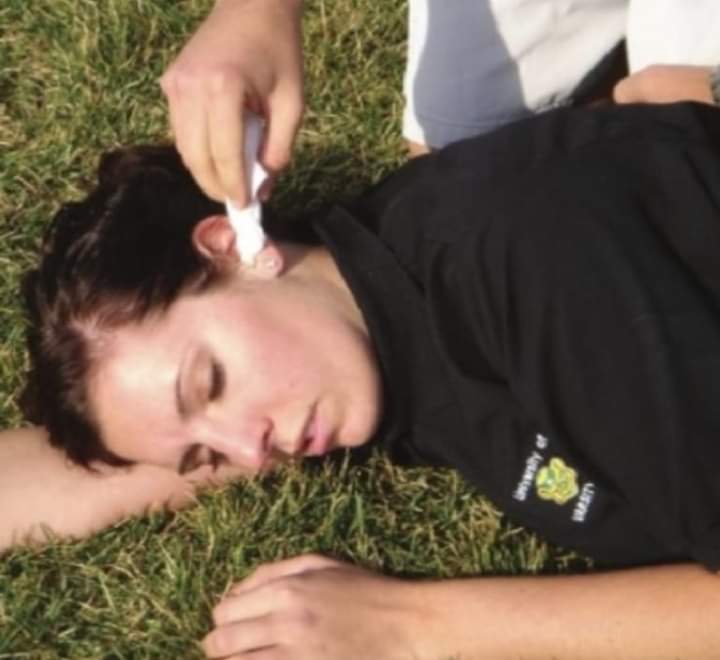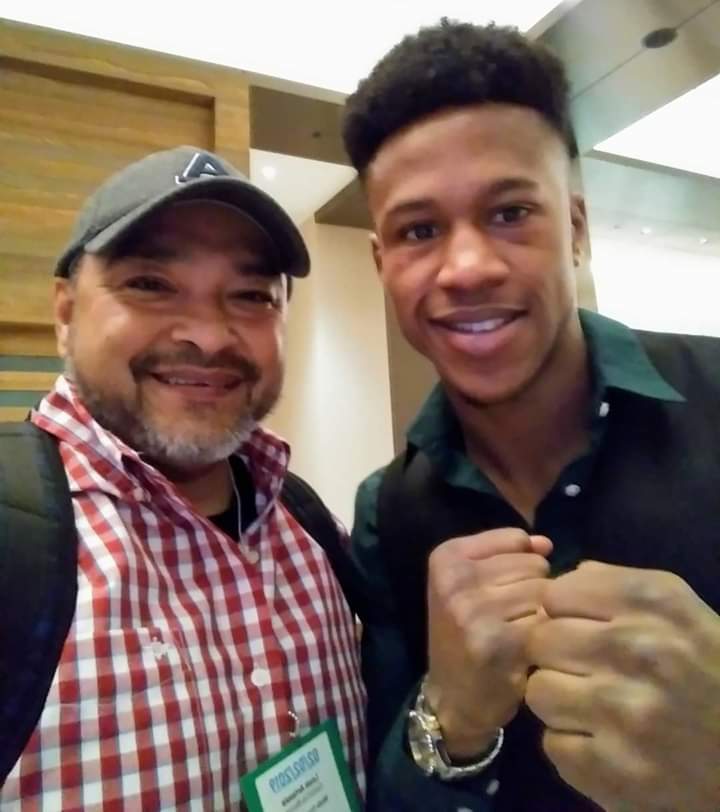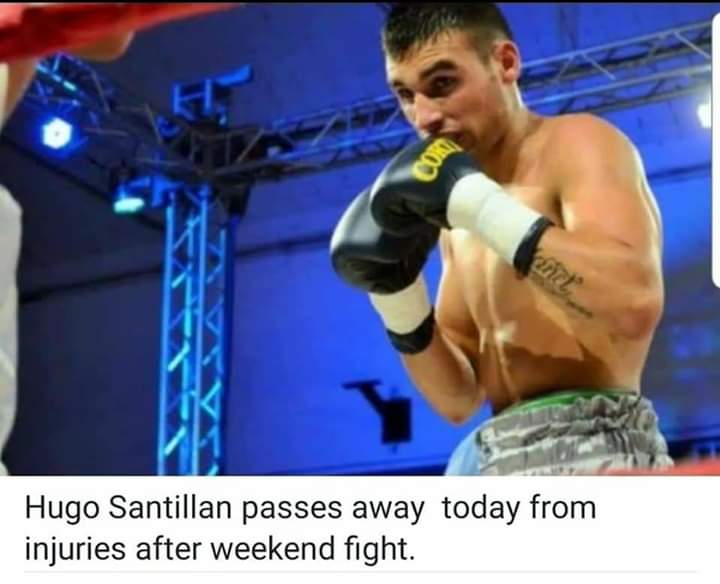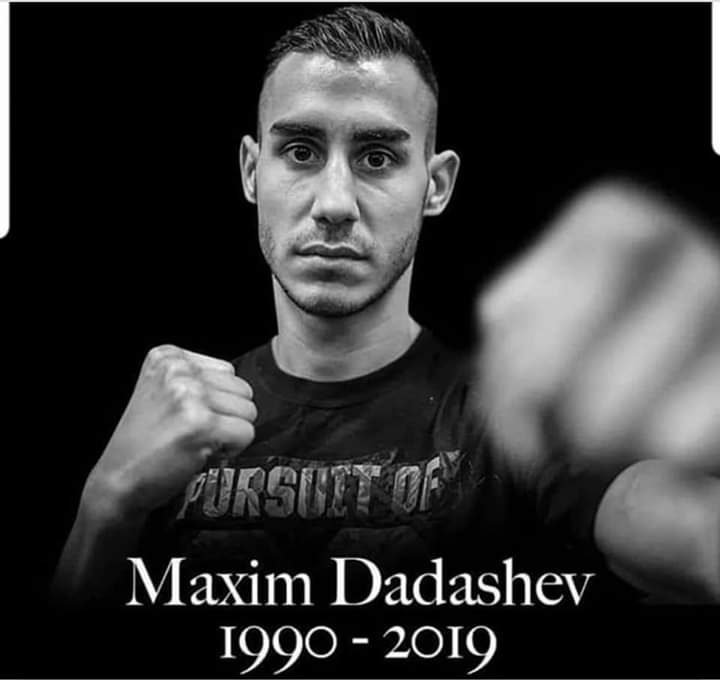Probably one of the most used excuses for boxers and their handlers on why a fighter never gets anywhere, is because:
“You have to be signed by somebody or have big people backing you up, otherwise the big promoters will just use you as an opponent for their fighters.”
So what do they do instead?
They sell tickets for local promoters so they can fight at home against old fighters or fighters with no experience, sometimes both, old and no experience, to pick up easy wins, to build up what amounts to be a phony winning record.
Then they usually stay right there, at home, doing the same thing over and over, until they actually lose against one of those opponent types, then they usually will give up fighting and blame the boxing system on why they never accomplished anything.
Or they will actually take a chance at some point against a guy who’s an actual threat, and they end up losing because they’ve been essentially paying for easy wins and haven’t had a hard fight since the amateurs, so they aren’t ready for a guy that’s gonna actually fight back.
Now I’m not saying a guy or his team should be reckless about his career because it does help to have backing and/or be signed by a big promoter, and you do have to be careful about how you move a fighter, but being careful and being scared are two different things.
Everyone has tough fights in the amateurs because you can’t pick and choose opponents, so why decide to only fight guys with one leg and a glass eye when you turn pro?
To protect an unbeaten record?
To build a record so you can get noticed?
Because someone told you that’s the smart thing to do?
Now of course everyone needs a little time to get used to the pros and build up their record a little, but even those “easy wins” should be learning fights.
Just fighting someone that is gonna be looking for a place to fall as soon as you hit them does you absolutely no good whatsoever.
People aren’t blind, they can see if your opponents look like they have never been in a boxing ring, or have seen better days etc. And promoters, matchmakers, managers, etc, can see it as well.
So then if you’ve essentially done nothing noteworthy or genuine in the ring as a professional, how else do you expect a legitimate manager, matchmaker, promoter, or advisor to see you, other than as an opponent for a real fighter who feels he is the best, and is willing to fight the best to prove it?
And if you and your team aren’t working towards getting to the top, what are you working on?
And what have you been working on all this time you’ve been fighting, if you don’t feel you are ready to take on real challenges?
If you just fight who your team tells you to fight, then at some point you have to ask yourself if your team really believes in you and/or if they really know what they are doing, if there isn’t a plan on moving you towards a championship.
You can be successful without being signed and I’ll tell you how you do it:
You go fight that guy who is signed and you knock his ass out, then the big promoters can’t ignore you.
